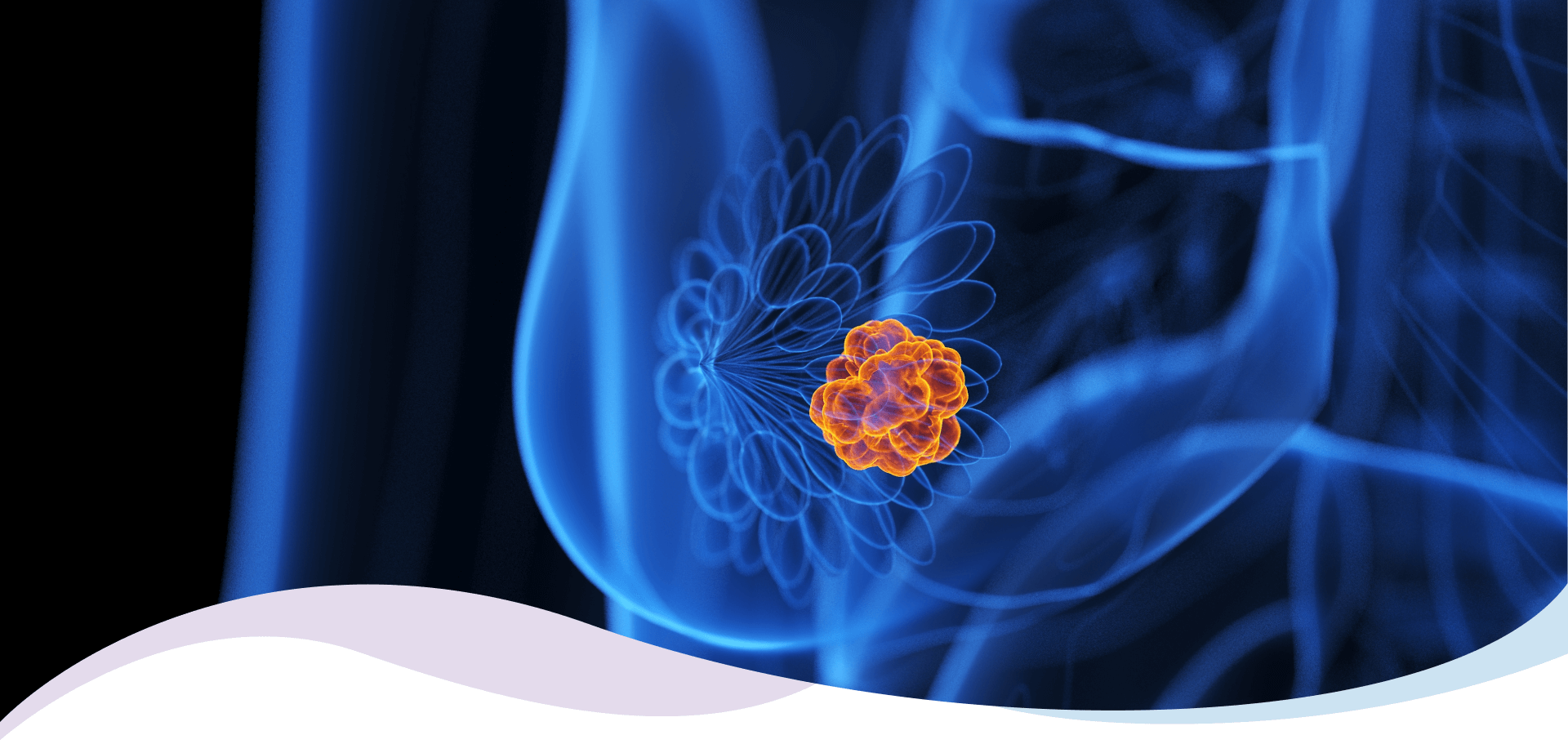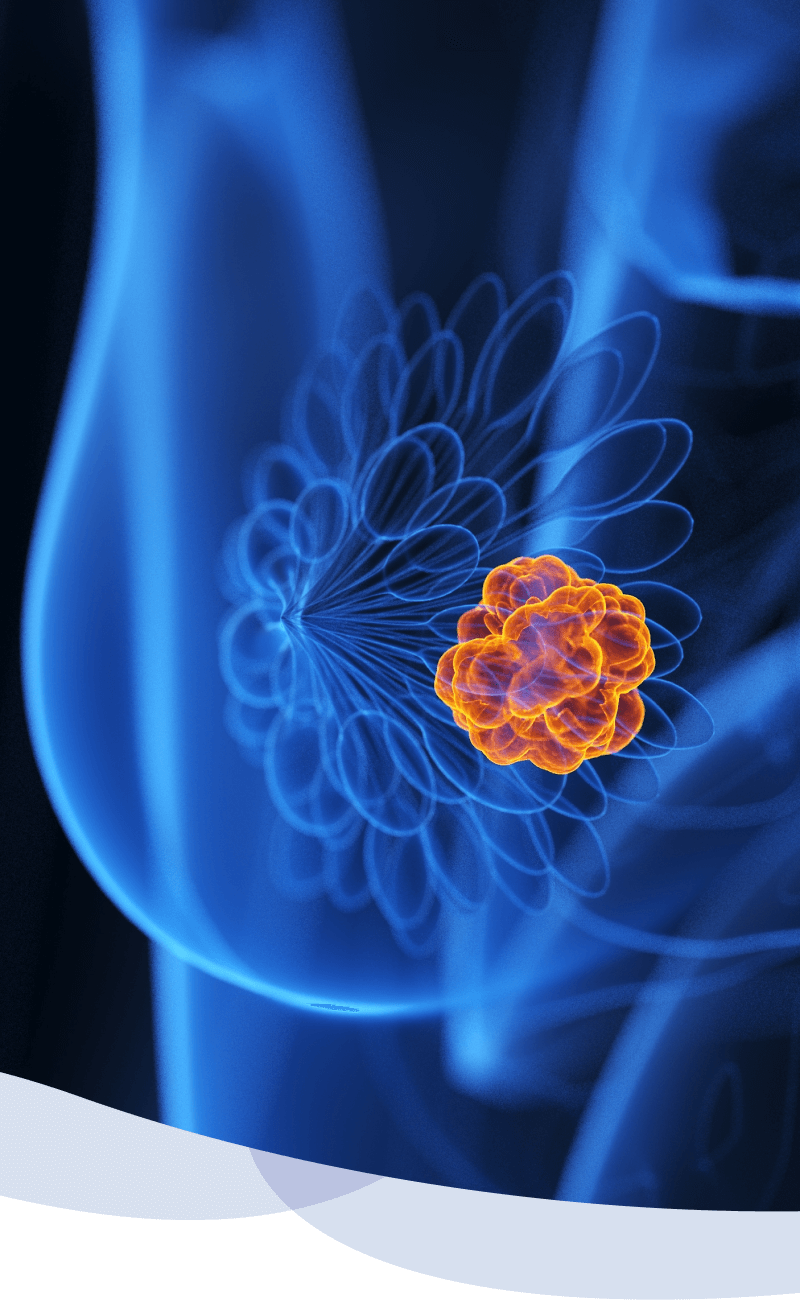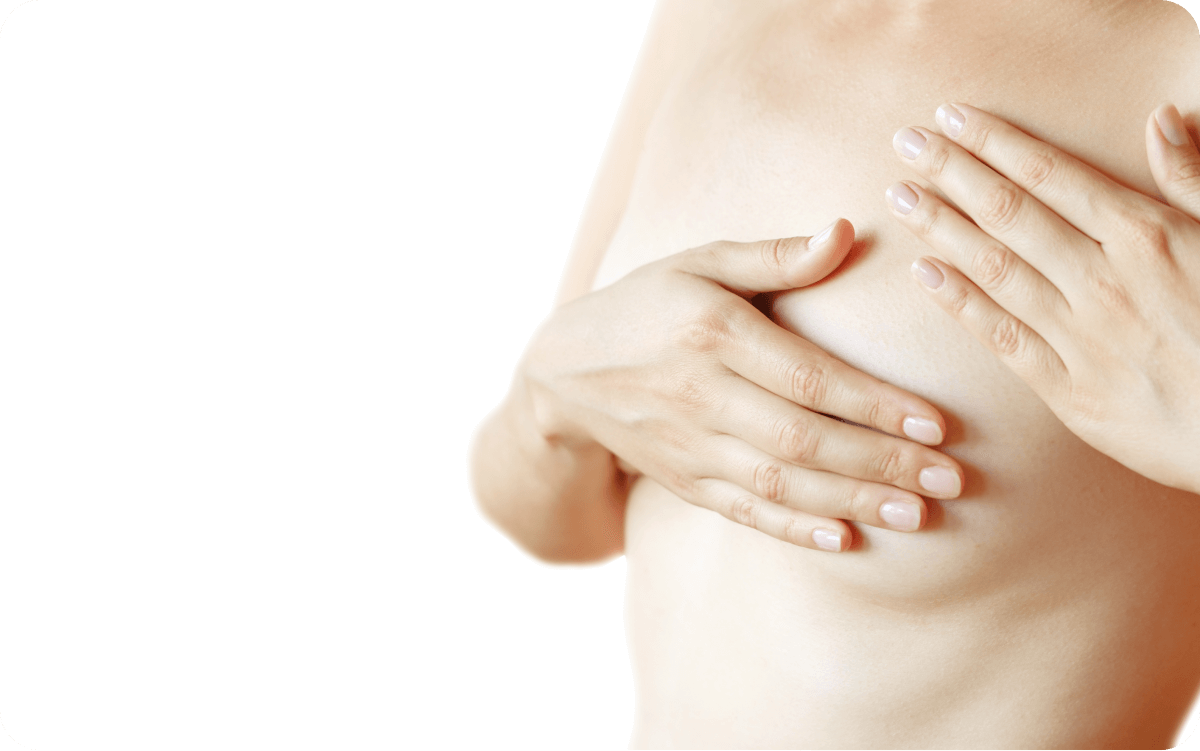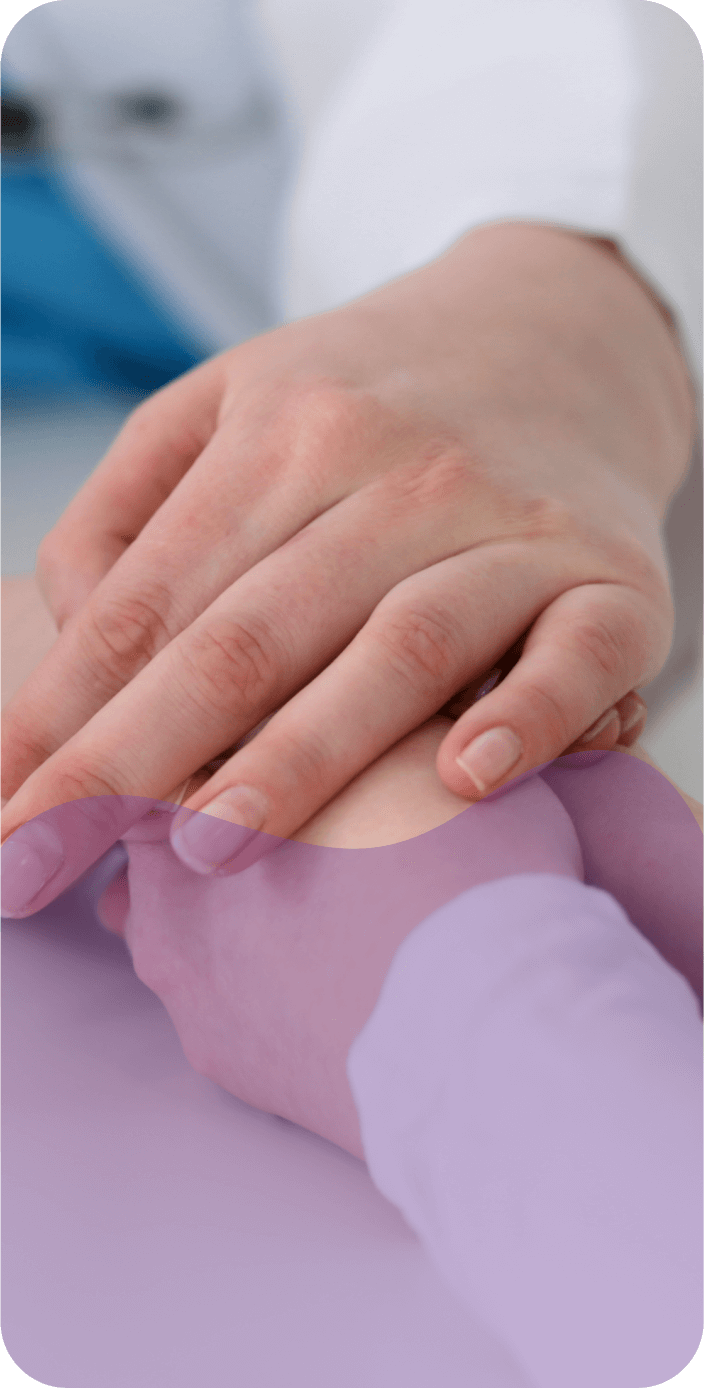
POTENTIAL HEALTH BENEFITS
The MammoScreen proposal in Breast Cancer Screening

HEALTH BENEFITS
The MammoScreen proposal in Breast Cancer Screening
DISCLAIMER
This section must be accessible only to healthcare professionals, it will not be visible to the general public (according to local regulations on MDR advertise)
PROBLEMS
Barriers of the current methods for early detection of breast cancer
Nowadays, Mammography is the gold standard for breast cancer detection and screening due to its proven ability to identify abnormalities with high sensitivity and specificity. It is widely accessible and is supported by extensive clinical research demonstrating its effectiveness in reducing breast cancer mortality rates. However, the need for further imaging methods (such as ultrasound, magnetic resonance imaging and tomosynthesis) together with the need of personalised screening approaches, based on individual risk factors, highlight the importance for continued advancements in breast cancer early detection and prevention research.
Limited use due to radiation
Because mammography uses X-rays, it cannot be used too often, and it is avoided in younger women. At the moment, both the EU Commission Initiative on Breast Cancer (ECIBC) suggests screening only in the range 45-74 years, and younger women are thus excluded from such screening programmes. Recently, the US Preventive Services Task Force strated recommending screening from 40 to 74 years old.

Rate of false positives and overdiagnosis
False positive results could be obtained from mammography. The chance of having a false positive result after 1 mammogram ranges from 7-12%, depending on age (younger women are more likely to have a false positive results).
False positive result after 1 mammogram ranges from 7-12%
Younger women are more likely to have a false positive results
Less effective with dense tissue
Currently employed mammography is less likely to find breast lesions in dense breast tissue, which may lead mammography missing up to 30% of breast cancers. There is currently no solution for the early diagnosis in dense breast women. Besides, women need to expose their breast to the operators, and this might make them feel uncomfortable.
It is radiologist independent and takes only five minutes per breast. MammoWave allows for a discreet examination, improving the compliance for regular breast examination.

Radiographically occult cancers
Some cancers are too small to be detected or are characterized by little distortions of tissues that current mammography is not able to detect (e.g., invasive lobular cancer).

Discomfort
Standard mammography equipment applies over 10 kg of pressure to the breasts. Not surprisingly, up to 36% of women refuse to have regular breast screening due to the discomfort and pain. Besides, women need to expose their breast to the operators, and this might make them feel uncomfortable.

A non-invasive, safe and pain free technology.
MammoWave® is based on a technology that uses non-ionizing microwave signals, does not apply any compression to the breast and provides preliminary evidence on the use for dense breast tissues.
In principle, this would allow a wider inclusion of the cohort of women and the potential extension of the age-range for breast screening.
MammoWave®’s microwaves are safe and non-invasive
MammoWave® does not apply any painful compression to the breast
MammoWave® has shown preliminary evidence to be effective in dense breasts
MammoWave® could be potentially used to include younger women in screening programmes aged 20-49
MAMMOSCREEN MISSION
What are the expected benefits of MammoScreen?
Through the activities carried out by the MammoScreen projects, the initiative strives to have an impact in early detection and prevention of breast cancer. The expected goals are:

Benefiting from safety due to non-ionising radiations

Addressing unmet medical needs

Fostering inclusivity and accessibility (no age/dense breast-limitation)

Gathering evidence for policy makers to inform policies.

Health policy makers will have the evidence to review current population-based BC screening programs.

Safety for all ages
MammoScreen wants to tackle the public health challenge of extending the population of women, including younger women (below the age of 45) in screening programmes, without any safety restrictions (such as frequency of use) and without any accuracy concerns related to breast density.
Who can I contact to have more technical information on the MammoWave® device?
You can contact the manufacturer of MammoWave®, and partner of MammoScreen, Umbria Bioengineering Technologies.
I am a healthcare professional interested in MammoWave®, who can I contact?
You can contact the manufacturer of MammoWave, and partner of MammoScreen, Umbria Bioengineering Technologies.
Join our Community
Find out the latest news about MammoScreen world and stay up to date with the project.
Join our Community
Find out the latest news about MammoScreen world and stay up to date with the project.

